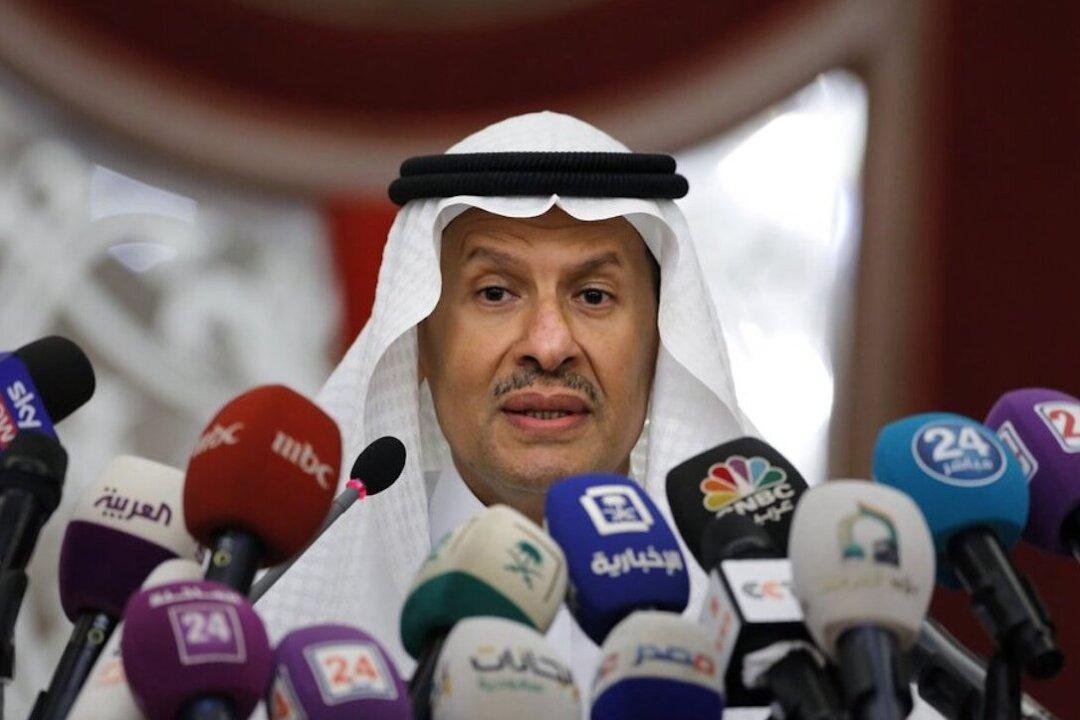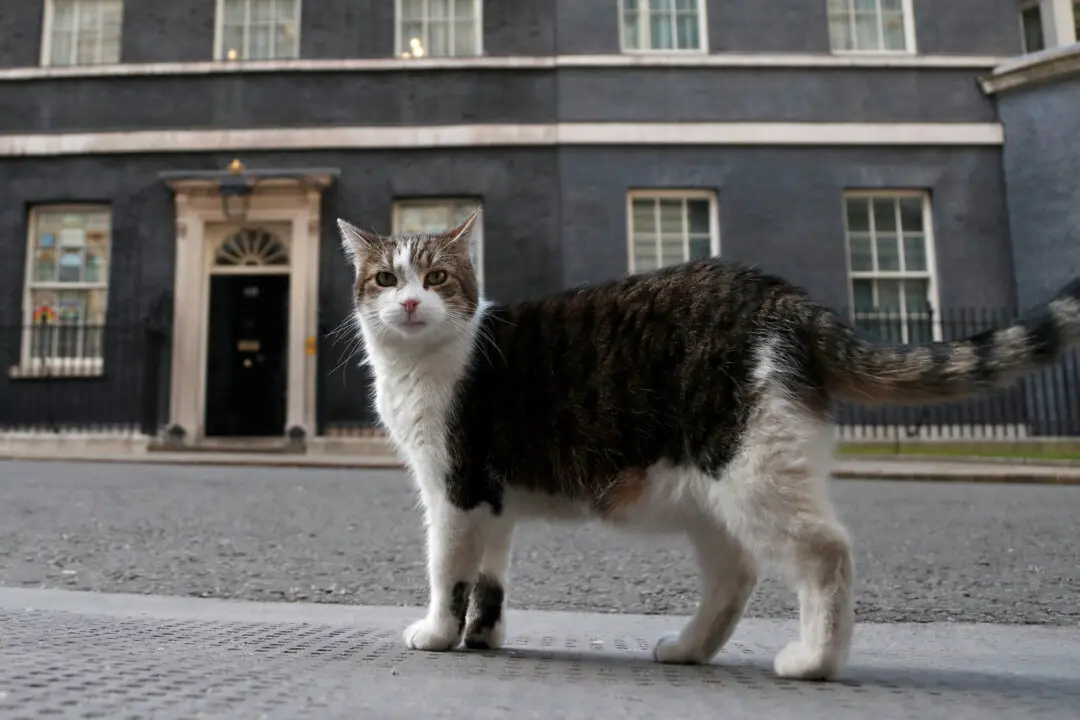DUBAI, United Arab Emirates—Saudi Arabia’s energy minister said on Sept. 17 that more than half of the country’s daily crude oil production that was knocked out by an attack has been recovered and that production capacity at its targeted plants would be fully restored by the end of the month.
“Where would you find a company in this whole world that went through such a devastating attack and came out like a phoenix?” Prince Abdulaziz bin Salman said about the state-owned Saudi Aramco, which was the target of the attacks. His question to reporters, many of them Saudi, drew applause.





